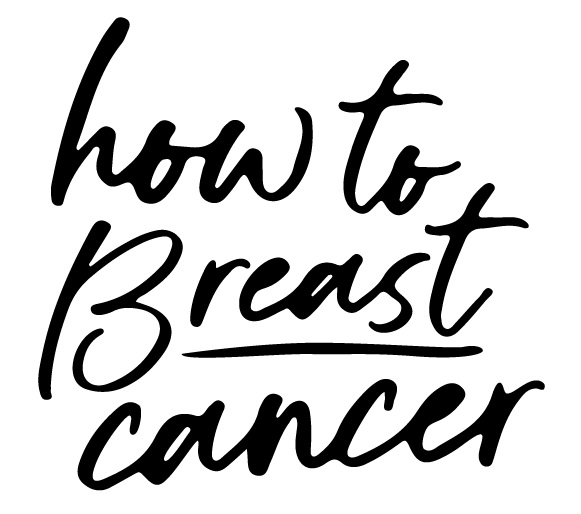Ask Amelia
Thank you for continuing to send us your questions! As always, below we are sharing with the intention to be helpful. We encourage you to continue to send us your comments and questions through contact us.
What has been your best and worst chemo day?
My best chemo day was when I learned that (after eighteen consecutive months, of seven-plus different chemo regimens) my treatment was working and had finally stopped the cancer from returning and spreading. The reality is that “good” chemo days are fleeting and we have to look past the physical aspect of the day, so that we can see the outcome that best serves us. For me, the outcome that best served me was finally knowing we’d reached a treatment that would work and would sustain that success.
My worst chemo day was early on in my first regimen, when the physical pain (from the actual shrinking of the mass on my liver) felt like a deep stabbing/piercing pain through the middle of my torso. It literally doubled me over and it hurt with indescribable intensity for three days straight. Awful. But here’s the other fact, I made it through that and am able to tell you that if you should ever encounter that degree of pain, you too can make it through.
How do you explain to people who don’t understand why I’m still “in treatment”?
I can totally relate to this question! It’s hard for most folks to understand the reality of being on life-long treatments. I personally think that it stems from the fact that as a broad society, we are conditioned to see cancer treatment through a start and stop point, not ongoing. Anytime someone asks me why I am still “in treatment”, I use it as an opportunity to let them know about metastatic breast cancer and why it is so important for everyone to understand what it means to live with cancer. I also take a moment to let them know how sorely underfunded metastatic breast cancer research is (receiving less than 5% of the total funding for breast cancer), and why they should get involved in a meaningful way. My intention is never to preach or make someone feel badly, instead it is to help raise awareness and effect a positive impact.
My friend recently told me she wants to stop chemo because it’s really hard. I don’t know what to say to help her. Thoughts?
I’m sorry that your friend is having such a difficult time. Chemo can be really hard, and I too have had moments where I’ve really contemplated stopping. I think most if not all patients get to a point where the thought of not being able to go on with treatment crosses the mind. It is understandable. I also fully respect the choice of each and every patient because I truly believe it is a patient’s choice. This all said, I would offer you the thought of seeing if your friend may want to speak with a therapist before finalizing their decision. It helped me to speak with my psychologist throughout many difficult points in my journey — especially when the treatments kept failing. It also led me to learn healthy coping strategies that got me through — one step at a time. I hope this is helpful and that your friend will find their best way forward.
With love,
Amelia O.





